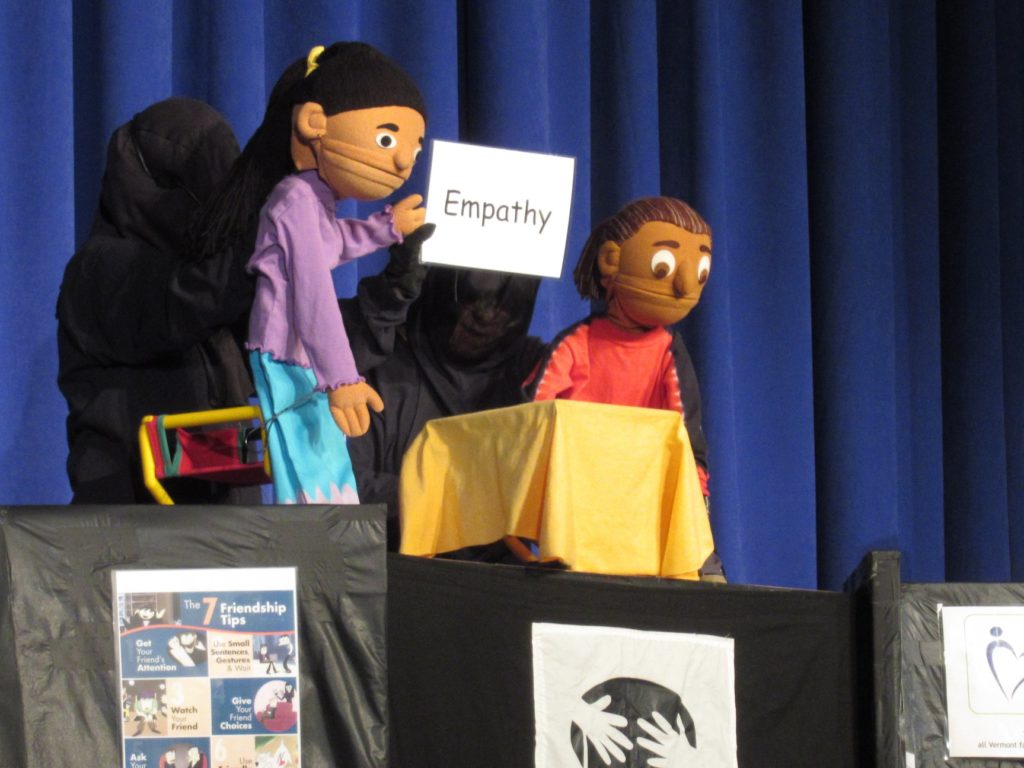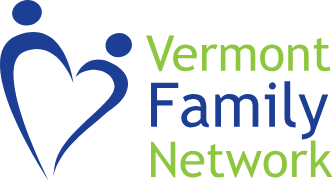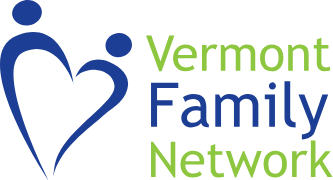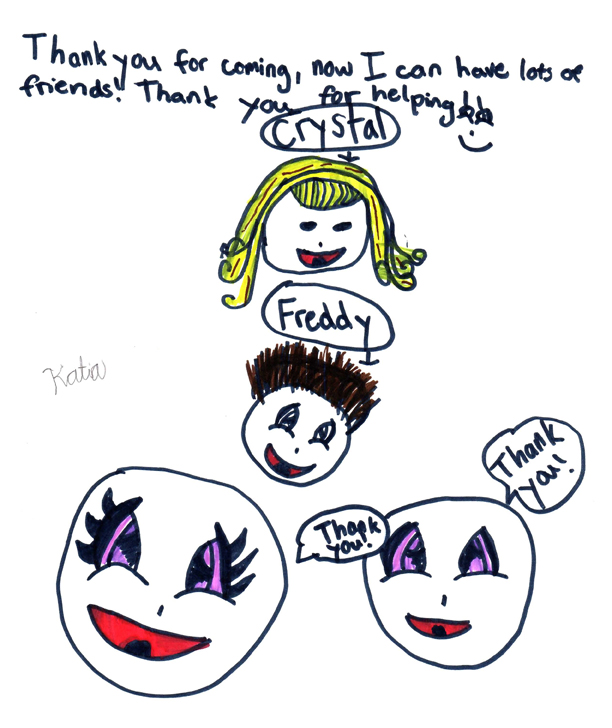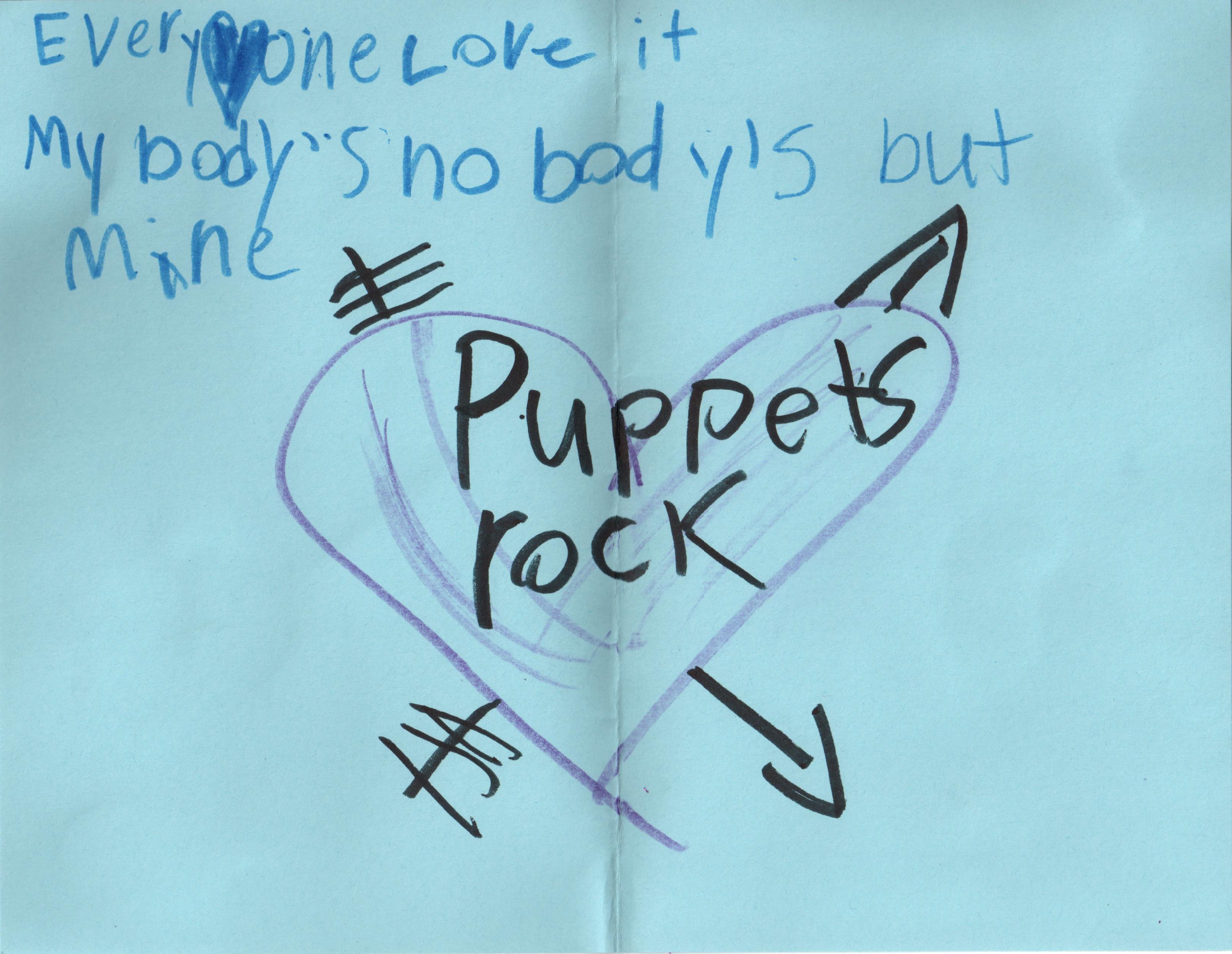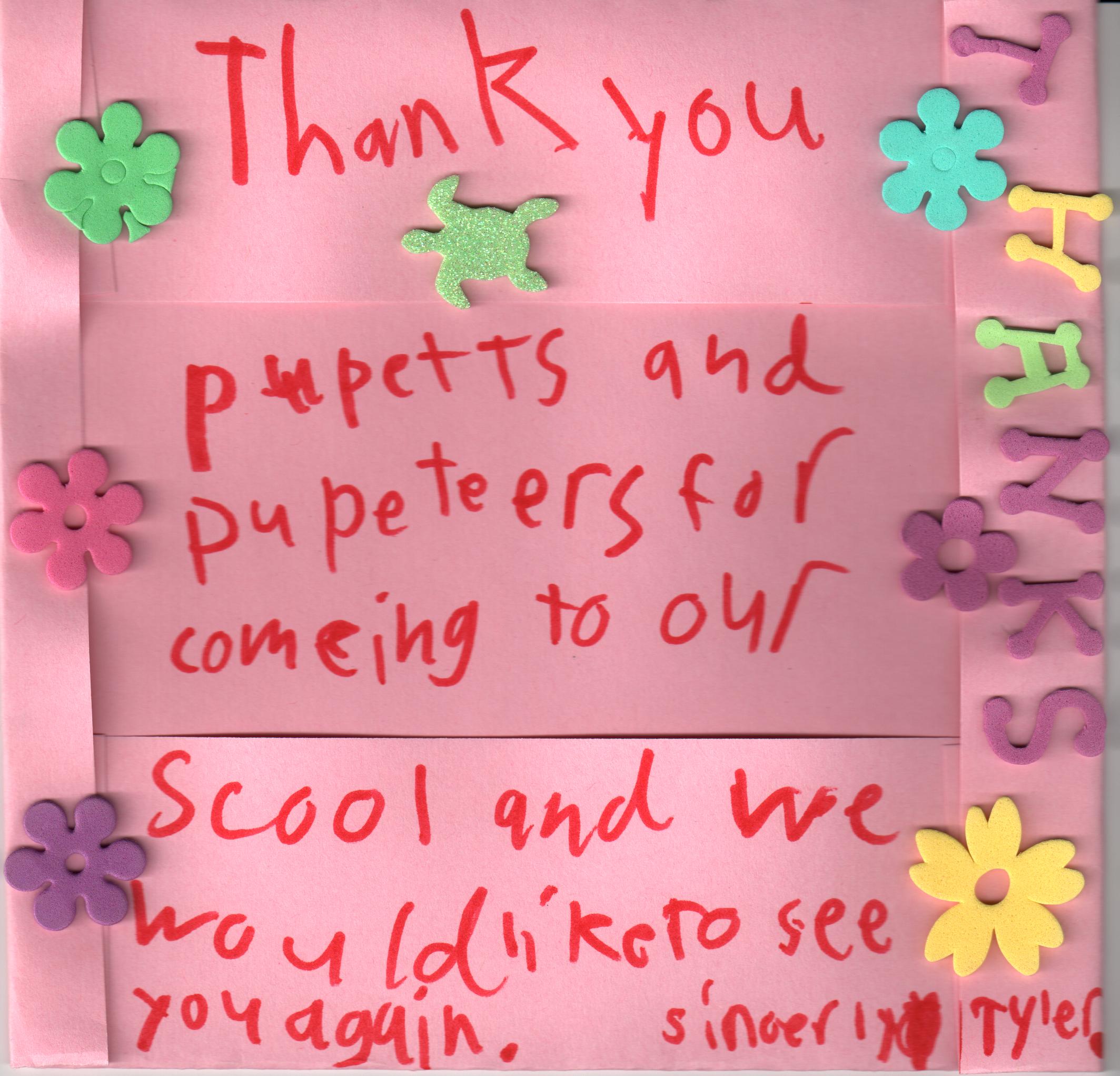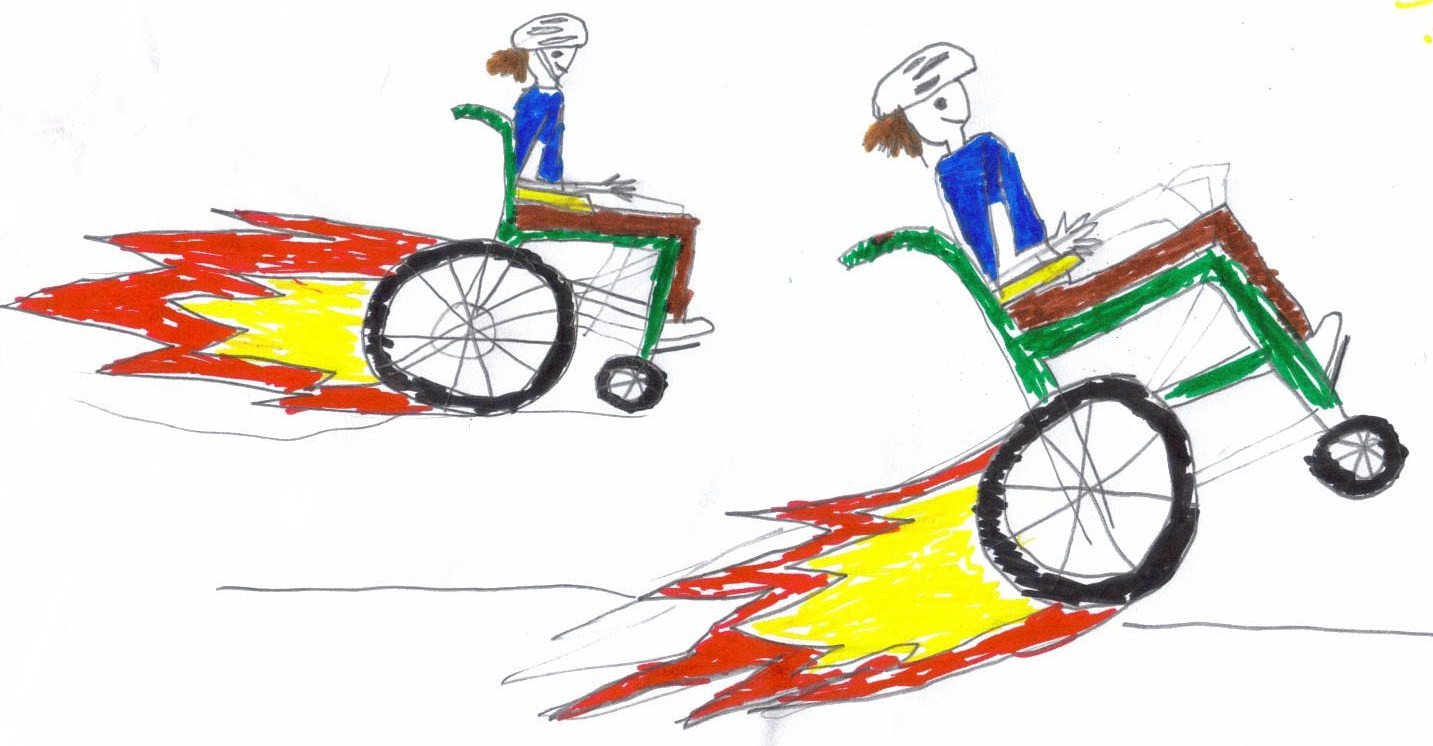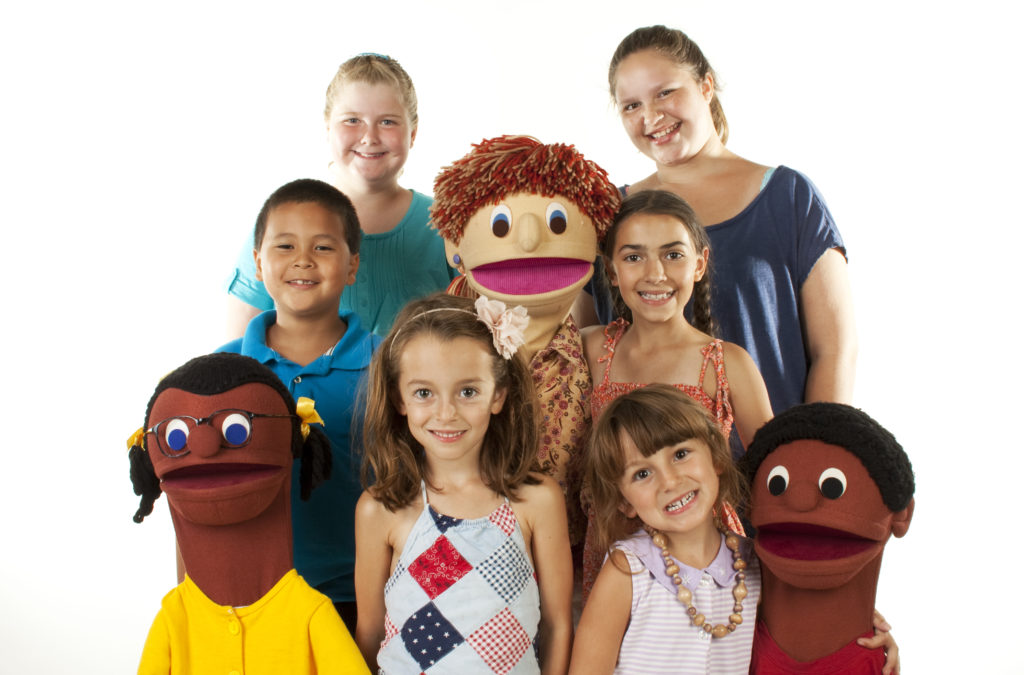About
We are in our 42nd year!
Puppets in Education, a program of Vermont Family Network, teaches children how to keep themselves safe and healthy and to appreciate each other’s differences. We do this through educational programs for children and adults that utilize life-sized puppets who model effective leadership and problem-solving skills and demonstrate respect, compassion and inclusion in a diverse community.
Educational Approach
Puppets in Education’s approach to education is Unique, Artistic, Simple & Safe, Educational, Thought Provoking
UNIQUE
There is a magic that occurs when puppets and children interact. Puppets can be mirrors, teaching us about ourselves – but they are much more than that. For 2,000 years people around the world have used puppets to educate and encourage positive change.
Our puppets – mostly children themselves – discuss topics in a clear non-threatening manner. They also answer questions and dispel myths by presenting accurate information. They model pro-social skills and behavior that helps to build better relationships. Presentations for upper elementary and middle school students engage students in small group discussions, role-play and simulation activities. Each school is provided with follow-up materials containing discussion questions, parent information, and related research links.
ARTISTIC
Puppets have long been versatile means of artistic expression, communication and instruction. Working the edge between entertainment and education, puppets can both teach and persuade. The entertainment comes first. It draws us in, and once we have lost ourselves in the world the puppets create, we accept the message without even realizing that we are learning. Lessons learned in this way are more likely to be remembered and to become part of our solid stock of knowledge.
Because they are characters, not people, puppets are the ideal medium for discussing sensitive issues. Puppets create a world in which we recognize ourselves and identify with the characters as the drama unfolds. At the same time, a puppet show seems to hold a piece of “safety glass” between the action and the audience. Although we are drawn into the drama, we are not threatened by it.
SIMPLE & SAFE
The simplicity of a puppet allows an audience to hear difficult and sensitive messages. A puppet can be a child’s friend, without demanding anything in return. It can say what a child thinks, feel what the child feels, and share in a child’s challenges, loneliness, and sadness. Puppets can also show a child that knows abuse, exclusion and loss that there are adults who want to help them and that joy, love, caring and happiness exist.
EDUCATIONAL
The puppets are effective in delivering their educational messages because there is a magic in the medium. Around the office we call it “Powerful Puppetry.” The puppets capture the attention of children, then offer information that relates to their lives. Watching a puppet show allows the audience to reflect on what they see and hear –the scripts are open-ended so children are put to work solving problems in a safe and voluntary way. The puppets present social and behavioral concepts that audience members can practice right there on the spot… and then take away with them once we leave.
THOUGHT PROVOKING
Our goals of prevention and intervention work together: We seek to prevent problems before they happen, but also serve as a safety net, a way for those in trouble to ask for help. The questions that children ask our puppets at the end of each skit are amazing and often quite revealing:
“How can I know when I should help someone with a disability?” to Mark who has cerebral palsy and uses a wheelchair.
“What happens if you have a friend who yells and is in your face and you tell him to stop but he doesn’t?” to Eddy who is bullied.
“When your parents get into a fight and it never stops-how can you help them?” to Brenda whose parents are divorced.
“How do you know when something is beautiful?” to Renaldo who is blind.
“What do I do if the person I tell says to be quiet and don’t mention it again?” to Joanne who was sexually abused by her mom’s boyfriend.
“Do you ever feel if there is a big hole right here (child pointed to her heart)?” to Shaun who lives with depression.
“If someone tells you they’re doing drugs, what should you do if they won’t listen? What if it’s someone you care about?” to Valerie who chooses not to drink or use drugs.
“What do I do when I sleep at a friend’s house and her dad climbs into bed and starts touching me and says, ‘Don’t tell anyone, I have a gun’?” to Joanne who was abused.
Impact
Impact
Magic occurs when puppets and children interact. Our puppets tell stories and answer questions—they dispel myths by presenting accurate information, and listen to children’s questions and concerns. They model pro-social skills and give practical tips, all while tackling a wide range of topics.
Here is what we have heard from students:
“Dear Sarah and Karen, Thank you for taking your time out and talking to us about sex abuse. The puppets helped me because if you didn’t have the puppets and you were talking face to face it would be hard for me. Things happened to me when I was little that I can’t explain. But it was taken care of. The things that happened to me still effect my life. I remember everything that happened to me. It was hard going through that because I was adopted when I was little and my mother couldn’t take care of me. She was only 17 and she was still in school. She couldn’t feed me so I would go steal food from stores and I would run away and the next day I would come back.” – Student
“Thank you for coming to my school. I liked your performance. The best thing was the activities. Like the one where someone was being bullied and they had to come up with a way to brush it off or deal with it. I learned a lot about bullying. You’re a good example for other kids.” – Students
We presented the Bully Prevention Workshop to two rural schools in Southern VT, where 7th and 8th graders were challenged with harassment and a general lack of respect for each other. In the workshop we discussed how damaging words from others can be, and asked students to present a performance piece revealing LIES and the TRUTH. Groups of seven presented many heartbreaking statements:
The Lie:
- “I cut myself because I am a bad person.”
- “I am gay because I hug my friend.”
- “I am fat.”
- “I am stupid.”
- “I am blonde so I must be stupid.”
- “I should go kill myself.”
- “I am a boy so I should like sports.”
- “There is something wrong with me.”
The Truth:
- “I cut myself because of bullying.”
- “I am just friends and I am not gay.”
- “I am not fat and I am just right.”
- “I am smart even when I struggle sometimes.”
- “I am smart.”
- “I deserve to be here.”
- “I am a boy and I like other things than sports.”
- “There is nothing wrong with me and I am a good person.”
The courage from these 7th and 8th graders was astounding. The workshop gave them a safe space to share and support each other towards creating a safer and empathetic school culture
Here is what we have heard from teachers:
“Thank you, thank you, from the bottom of my heart for putting on such a powerful puppet presentation that all ages really got a lot out of. It has begun some dialogue in places that hadn’t happened yet. You provided a vehicle and the space to occur and the opportunity, which you witnessed many children grabbing a hold of.” – Teacher
“After your program we worked on encouraging vs. discouraging words and tone of voice. The students kept referring back to the Seven Friendship Tips. Instead of going quickly through something, students began to get the attention of the peer who is on the autism spectrum, and use short sentences that our student could understand. As we worked on giving people choices, this student shared that this was very difficult for him. Peers accepted him and helped him with challenging tasks.” – Teacher
“Your show was great! It was engaging, educational and relevant. I was laughing so much and the message was important. It is such a wonderful way to teach children these important lessons.” – Teacher
“I had a call from a Mom who’s 7 year old son has a type of muscular dystrophy. The wheelchair for school just came. The child is in tears and the school is asking the Mom and child to explain to the class about his degenerative disability. Mom feels that she and her son cannot do this. I suggested that maybe your puppets could come to the school and explain it to the class with one of your programs.” – Teacher
“The tips were great and simple. I think the tips will go a long way in helping our kids understand differences in others.” – Teacher
“In today’s world it is so important to teach our children empathy and respect for each other. Opportunites to learn about cultural and physical differences are limited in our small rural school. Your presentations provide the necessary venue for us to recognize and discuss these topics. The programs become more than a one day visit. The topics are reinforced throughout our curriculum the entire year.” – Teacher
“I can think of MANY adults who could use this presentation! It could be a great teaching tool for new para-educators and teachers as well as for parents of newly diagnosed ASD (Autism Spectrum Disorder) kids.” – Teacher
“Excellent presentation – having the schedule board at the beginning was the best way to capture their attention and set the stage for learning… it is so important to let kids know what they should look for and what they’ll learn. The seven tips with pictures worked in the same way – I’ll want my own classroom set now. This was the best puppet show I’ve seen in my career of 15 years.” – Teacher
“Some of the students who chose to participate are old hands at being on the stage. Others, however, took this on as something new and totally out of their comfort zone. One student lives in a violent home, another spends most of his time “being too cool” to participate in school activities, while another struggles with a speech problem which makes her hard to understand. These students came together as a team in order to provide their school with an assembly on an important and relevant topic. During the training, your staff included the students in discussions and activities that helped them to better understand the definitions and impact of things like teasing, rumors and exclusion. You were focused on bringing out the best in our students.” – Teacher
“Information presented was very relevant to all students with disabilities not just ASD. I have a student with Down syndrome and this info was a great review for my class – how to talk/play with her!” – Teacher
“I was meeting with two students last week. One of them walked in and said ‘I didn’t have any breakfast.’ (with a smile on her face). That opened up a discussion of how she’s feeling about herself and weight: wanting to go on a “diet.” The other student reminded her of some things they had learned in the Body Image skit! It was a great teachable moment.” – Teacher
“During one simulation game presentation, I noticed one student in particular (who has been known to pick on another student with autism). He was really paying attention to the presentation and answering questions throughout. I think this presentation started to open his eyes.” – Teacher
“Thank you for your wonderful performance on physical and sexual abuse prevention. Much of the information you presented to our students was new knowledge. Teachers expressed surprise at how little their students knew about keeping themselves safe. The presentation is based on sound research and agrees with my knowledge, experience and instruction and accomplished an increased awareness among our student population.” – Teacher
“I want to let you know what an impact the bullying puppet show had on some of my students…A group of five 5th grade girls asked if I could help them work out a friendship problem…three said they were being bullies and didn’t know it was bullying. They expressed concern over their behavior and the effects on the other girls. Apologies were offered and accepted and agreements were made that clubs and excluding other wasn’t OK and shouldn’t happen….this wouldn’t have happened without your informational puppet show bullying! We have a group of much happier 5th grade girls thanks to you!”
-Teacher
“The content of the Friend 2 Friend programs fits in with our focus on diversity, acceptance of differences, inclusion of all students and healthy friendships. Excitement, enthusiasm, and joyful expression continue to come from the students when talking about the programs.” – Teacher
“Following the program we did have several students come forward to disclose abuse in their homes. Before the program we did have several students come forward to disclose abuse in their homes. Before the program they thought this was normal behavior or that it was their fault, but after seeing the puppets they knew what to do and who to tell. Our Guidance Counselor has been following up on these reports including some to DCF.” -School Counselor
“The kids could really relate to self regulating behaviors. I don’t think the kids think that self regulating behaviors are odd anymore.” – Teacher
“Since this presentation, I have had two disclosures of sexual abuse by female students that were both investigated and substantiated by the authorities. Because of this, these two students are now safe and secure. In addition, this program has opened up a lot of discussion from many students in regard to domestic violence that they are viewing between others in their homes. It has given them permission to verbalize the fear that they experience during these times of crises and to ask for help if they need it.” – Teacher
“Teachers praised the performances and thought that you handled the upper-level workshops in an engaging way. The students said that they learned/were reminded of many things through the performances and greatly enjoyed them. I have some fifth grade students who now want to start a club promoting kindness at our school!” – Teacher
“WE absolutely loved the program..it was excellent!! Deb and Sarah were so engaging and authentic as pupeteers with such sensitive material to present to our students..They did it masterfully! Thank you.” – Teacher
“It was great for them to see a blind person in a setting where they were encouraged to ask questions. Important to include kids that are blind that they just want to be included too. We will have a little “blind” dance party in class today.” – Teacher
Here is what we have heard from parents:
“As a mom (and teacher) of a handsome boy with ASD – I was so pleased to see the focus stay on friendship and not as much on difference. So often presentations try to educate others about ASD through explaining the “corky” traits of ASD. You have a refreshing, caring approach.” – Parent
“…I also need to say that without a doubt the presentation you made for my child’s class at (our school) changed her life. Yup. No over-statement. After the presentation she shared with her class that she has autism. (School Counselor) called me that afternoon. Do you know the guidance tone? Are you familiar with the “waiting for the other shoe to drop” feeling as you wait on the other end of the phone for the real news? I was waiting and I heard the tone. My mind was racing with all the possibilities. (she) told me about her participation in the program. I breathed a sigh of relief. She told me that her teacher had a follow up discussion in her classroom afterwards. I held my breath. And then she said that she shared with her class that she has autism. The only socially appropriate thing I could say was “wow.” I wasn’t sure if that was a good thing. The follow-up conversation with the class apparently involved her explaining that some times people with autism have a special interest and for her that interest is elephants. She loves elephants. She has elephant-related scripts (or at least conversations that are very script-like). I’m sure that her class is sick to death of elephants. But there it was. She loves elephants and she has autism. Right out there for the world to know. Because it was ok. Because she saw and heard in your presentation that autism is ok- at school, where it mattered. Because Iain is cool and interesting and Iain has autism. I can only imagine how it might have felt to see something of herself in your presentation. To see this part of who she is that she has battled and rejected and hidden, up there in front of the world being represented as just a way some people are, just a way some people are different, just a way some people walk through the world…It must have been incredibly empowering. When I picked her up after school, I asked how school went. She played it cool- “fine” I asked how the presentation went- “Boring” I asked if she heard about Iain. And the floodgates opened. She chattered on and on about Iain almost word for word from your presentation if I’m remembering correctly. She gave her sister an amazingly similar version of your presentation. She never shared with me what she shared with her class, but that’s ok. That would be very personal for her and out of character. But she had a light in her eye I have never seen before and her energy practically carried her upstairs to swing in her room and then drew her outside to play in the great big world. Words fail me. You’ve helped set her on a new path and opened for her a new chapter. I hope that what you read between my sentence fragments and mother’s ramblings are the words…Thank You.” – Parent
Videos
